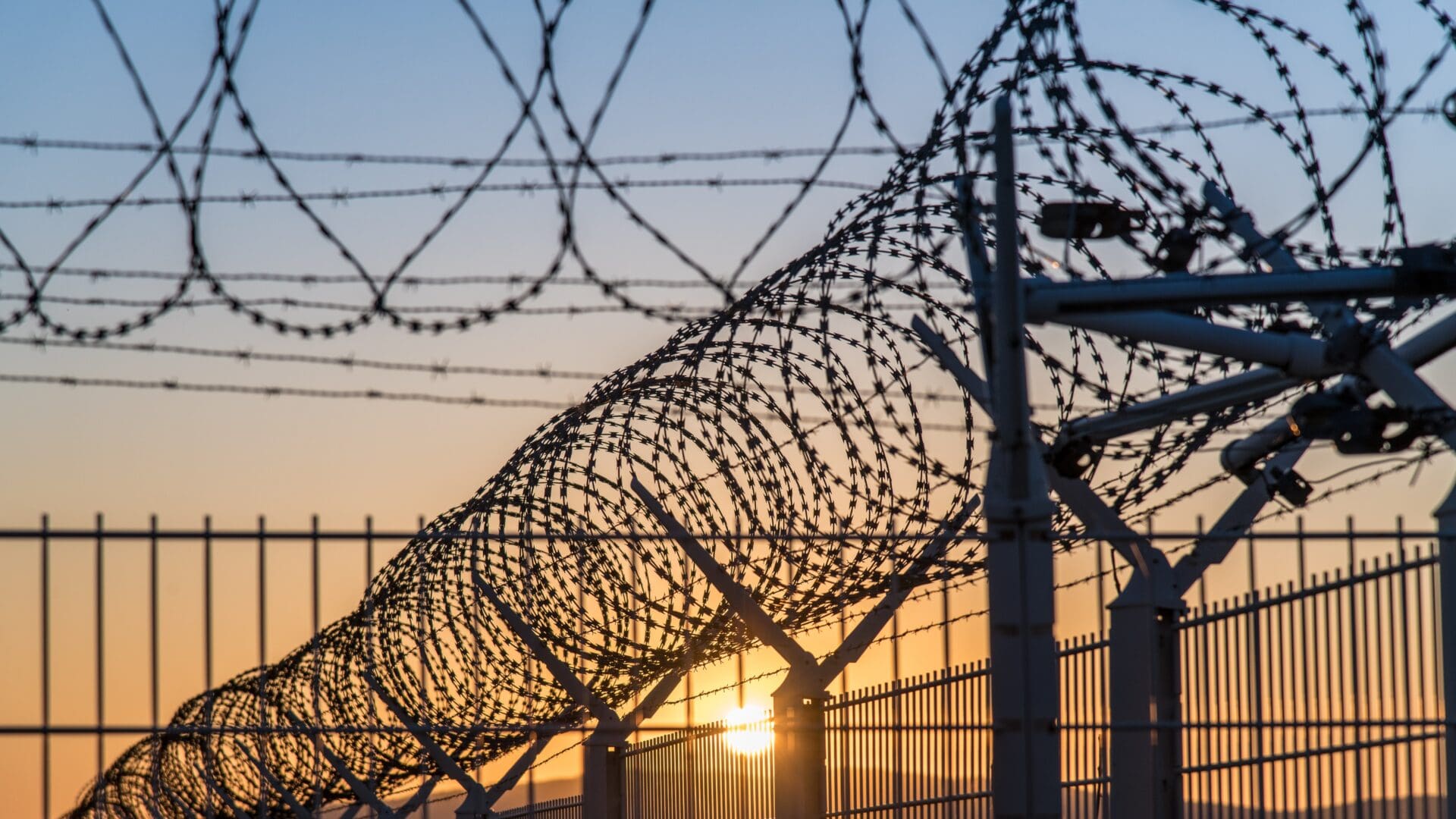Hungary’s, and in fact, Central Europe’s most advanced prison is under construction in Csenger, equipped with a high-tech smart prison system including video analysis and location determination, Interior Ministry State Secretary Bence Rétvári stated at a press conference in Budapest on Friday.
Rétvári, the Parliamentary State Secretary for the National Prison Service emphasized at the headquarters of the Hungarian Prison Service (BVOP) that Hungary is among the world’s twenty safest countries. Since 2010, the number of inmates has increased by five thousand, while the annual number of crimes committed has decreased by 280 thousand.
The new Criminal Code is one of the strictest in Europe, leading to more criminals being sentenced to prison for longer periods of time, necessitating larger capacities, the secretary of state noted. Several prisons have been expanded, and the new facility in Csenger is another important step towards ensuring the safety and security of the Hungarian people. The location of the new prison has been selected bearing in mind that it will generate will create approximately seven hundred jobs in Szabolcs-Szatmár-Bereg County, one of the less developed regions of the country. The recruitment of prison guards is already underway, Rétvári said.
So-called smart prisons have been built worldwide since 2018, explained Bence Rétvári, noting that digital elements are already present in Hungarian prisons. In many cases, interactions with relatives, interrogations, and administrative processes are conducted using such tools. However, the Csenger prison will feature technology that allows full control over the movements of inmates, analysing their behaviour and facial expressions with the help of artificial intelligence. If they behave unexpectedly, the system sends an alert to the supervisors to prepare for any extraordinary events, clarified the Secretary of State. He added that this will further enhance the safety of incarceration, minimizing the possibility of escapes.
Colonel László Biczó, the project manager of the construction, reported that over fifteen hundred resumes have been received so far, and 196 applicants have already been accepted. Currently, 172 are undergoing the 14-week preparatory training. They continue to welcome interested individuals, and applications can be submitted at the Csenger recruitment office or on the BVOP central recruitment page at their website, where detailed requirements are also available.
He highlighted that every cell will have an ‘informational tool,’ allowing the inmate to manage their affairs through a closed online channel and obtain up-to-date information about their data, finances, application processing, and work assignments. The goal is a paperless environment, with digital administration wherever possible, the project manager stressed. The Csenger prison is scheduled to be inaugurated on 30 September, Biczó shared.
According to BVOP, the prison doors will operate with facial recognition, without the need for keys. To ensure full employment of inmates, there will be a two-thousand-square-metre workshop.
Read more:
Sources: Hungarian Conservative/BVOP/MTI








